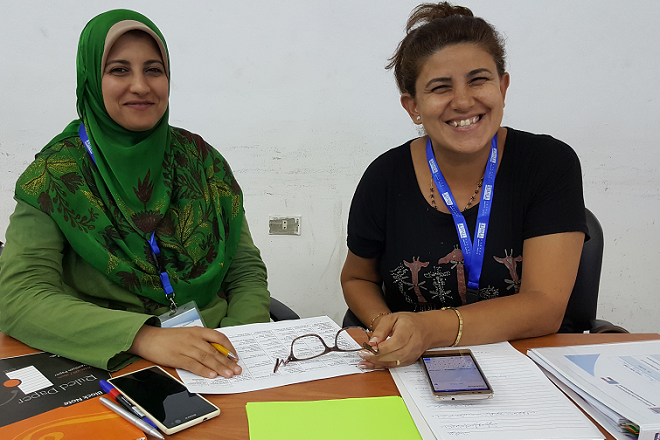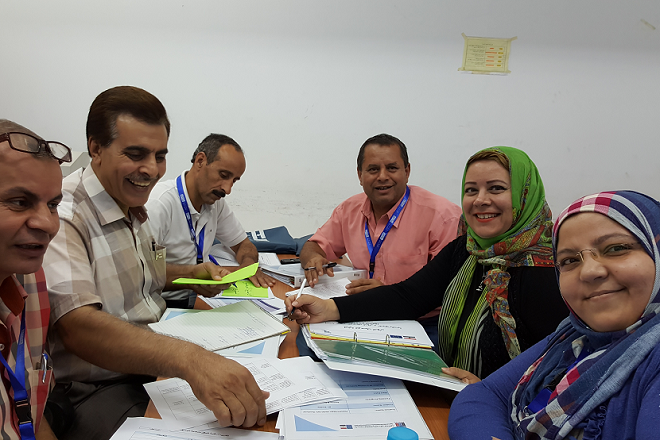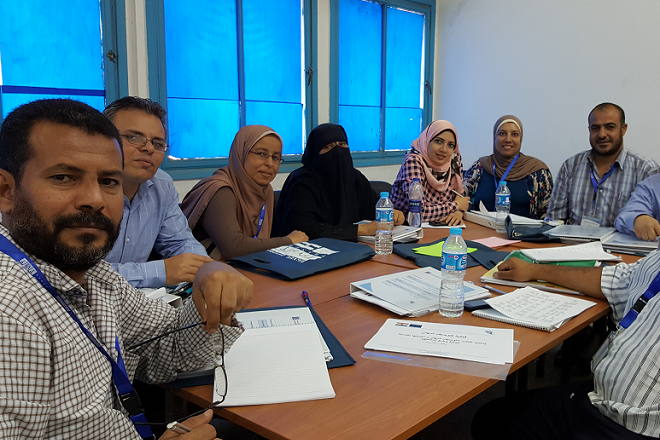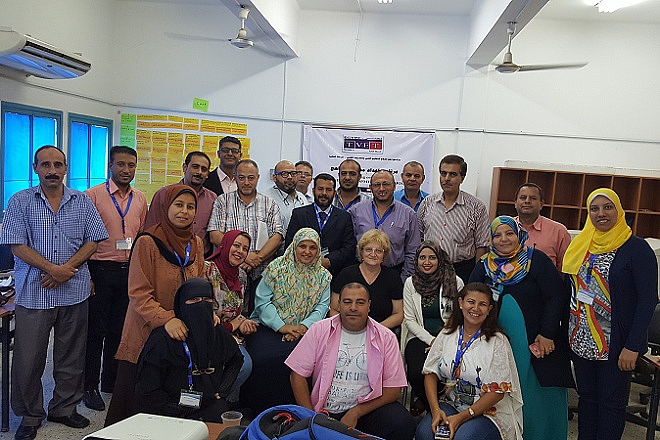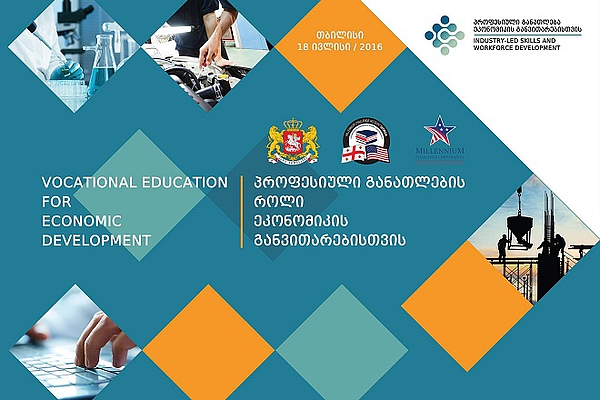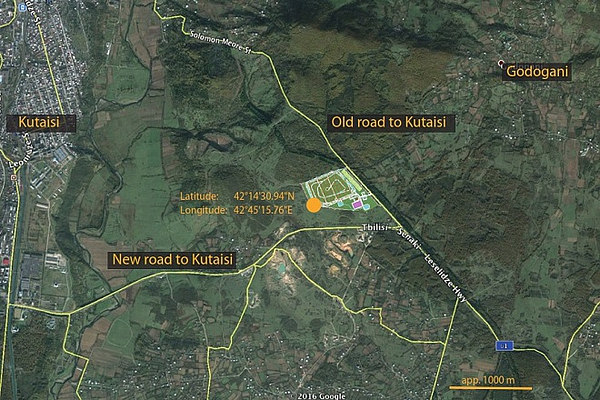NEWS
Training of (Happy) Trainers and Teachers, TVET II Egypt
For screening and assessing the demand of skills in Egypt, a large group of Egyptian TVET experts have been selected systematically for capacity building in order to serve the long-term demands for capacities in curriculum development and revision. The group of 230 teachers and experts undergo a comprehensive training and capacity building in curriculum development before revising actively the existent curricula and TVET programmes in priority sectors of the Egyptian economy. PEM CONSULT has now started the training programme which lasts for 3 months in total. Training venues are Cairo, Alexandria and Luxor.
Detailed objectives of programme’s capacity building are:
- To develop and test a methodology for screening and assessment of the demand of skills;
- To provide training and tools for curriculum developers for screening and assessment of TVET curricula;
- To create a pool of curriculum developers from Ministry of Education and Technical Education, Ministry of Higher Education, Ministry of Tourism, other relevant TVET institutions & sectorial Enterprise TVET Partnerships (ETPs);
- To assess existing TVET programmes that may be no longer relevant for current labor market needs in the selected TVET institutions covering different sectors and identify of the new curricula needed by the labour market;
- To develop learning outcomes standards for existing TVET programmes that may be no longer relevant for the current labor market needs in the selected TVET institutions covering different sectors.
Our methodology for capacity building consists of five main parts:
1. Devising and conducting a Training Needs Analysis for nominated curriculum developers
Upon a TNA we suggested Criteria for use in identification of the curriculum developers. Interview and sessions followed to select the most competent.
2. Devising a methodology for appropriate curriculum development:
A model framework curriculum was developed and agreed upon with the Ministry of Education. We were particularly interested in investigating the possibility of devising a modular model of curriculum development, providing as it does the potential for
- High levels of flexibility
- Progressive specialisation
- Relevance
- Quick response to labour market demands
- Ease of monitoring and review
3. Producing a Training Plan/Capacity Building Programme:
The content includes presentations on the screening and assessment tools which have been devised, and on the curriculum development methodology. There are also materials on good practice in partnership working, and stakeholder management. The rest of the workshop is dedicated to providing the participants with the opportunity to practice using these tools.
4. Carrying out the capacity building:
Although the Capacity Building Programme will of course include training, this is more in the form of a workshop than in the form of formal presentations, although the workshops will include didactic elements. Opportunities for on-the- job training are maximized and applied to the curriculum developers selected as ‚multipliers‘.
5. Assessing the achievements of the curriculum developers and providing appropriate certification:
We reflect best practice in this regard by providing assessments which are competence-based, clearly indicating what the Curriculum developer is able to do, and in what context.


